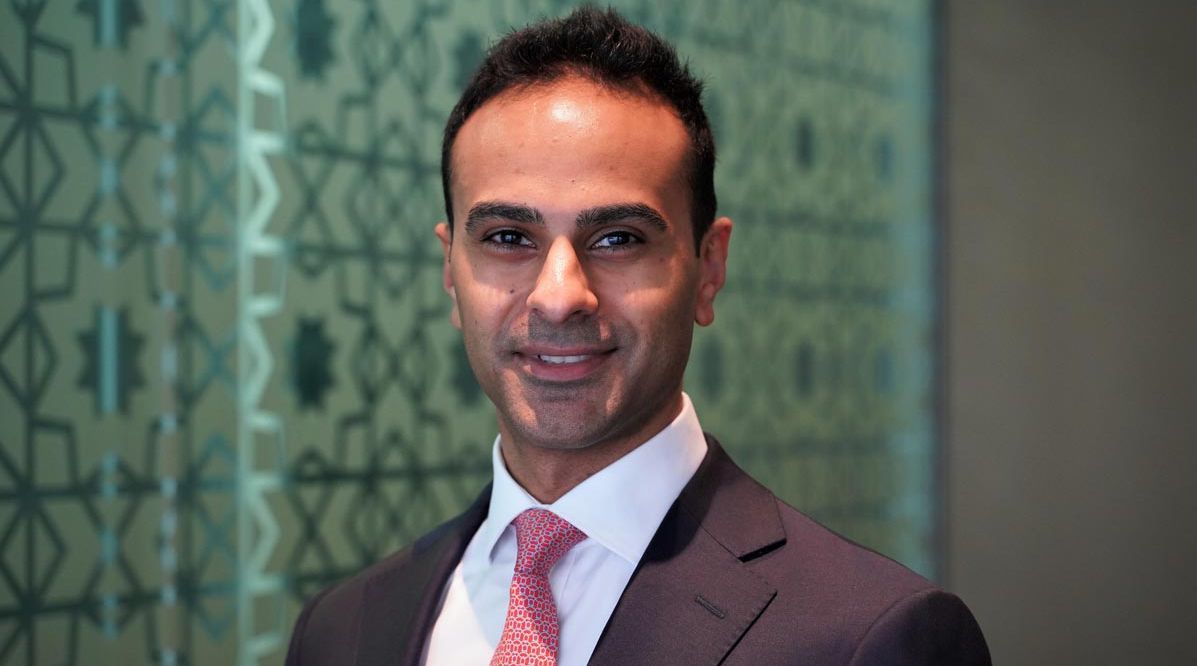Countries across the world are witnessing increasing healthcare costs. According to experts, the fragmented journey of patients is a major cause behind the unsustainable increase in healthcare costs.
Therefore, they have called for shifting to digital ecosystem that provide more cohesive, personalised, and preventative approach to healthcare. This approach will not only enhance affordability, it will also keep people healthy instead of only treating them during their illness.
With increase in populations globally, demand is increasing and spending power among the public is also expanding. As a result, the overall healthcare cost is surging.
In the UAE, the healthcare sector is witnessing a boom with more than 150 multidisciplinary hospitals serving almost 10 million people. However, as the average age of the population is rapidly increasing, the number of people living with 'lifestyle diseases' is also rising with time.
The UAE is reporting increasing levels of chronic illness, with the rate of heart disease, diabetes, and obesity among world’s highest. These conditions are certainly putting a mammoth burden on the country's healthcare services.
Managing chronic diseases requires a patient to move between primary care doctors, specialist visits, and diagnostic tests. Furthermore, managing illnesses like diabetes requires a multidisciplinary effort which results in friction in the ability of the healthcare sector to deliver seamless and cost-effective care.
How patient journey can be improved
In this regard, industry experts have underlined the need for creation of a digitally-driven ecosystem which brings required healthcare provisions to the patient instead of bringing the patient to the provider which can be highly costly and requires more energy.
After the COVID-19 pandemic, technology has already disrupted the patient journey, with the increased use of virtual visits.
The US recorded 78 times higher use of telehealth by April 2020 than at the start of the year. After the pandemic crisis, the use of virtual visits witnessed a rise in popularity with providers utilising the technology to ensure safe access and deliver care to patients in need.
People diagnosed with a lifelong condition are forced to collect repeat prescriptions on a regular basis. The UAE has one of the world's highest numbers of pharmacies per capita, but it also has one of the world's highest mobile phone saturation rates.
Therefore, authorities can leverage technology and invest in the development of novel platforms such as e-pharmacy apps. This can digitalise the process and remove some of the troubles associated with the often-cumbersome pathway.
Digitalisation will also empower patients. According to a research published by Forbes, any technology which helps in increasing access to information gives patients better control over multiple aspects of their health and results in better outcomes.
The report noted that 83 percent of those surveyed would be appreciative of more digital communication directly from their healthcare provider, such as reminder for checking blood pressure or to collect prescription. Similar ways are linked to better management of patients' health.
Experts have also encouraged governments to continue making regulatory changes to support integrated data sharing and foster advancement in the interoperability of health information exchanges and patient apps to boost coordinated care for patients.
The UAE emerged as a pioneer in telehealth technology ecosystem to facilitate the creation of a future-proof healthcare delivery model.
It was the efforts of the ADQ, Mubadala, Abu Dhabi’s Department of Health, the Ministry of Health and Prevention and the Dubai Health Authority among other entities that placed the UAE in the ‘infrastructure layer’ for a tech-enabled ecosystem.
Abbas Berdi, a Dubai-based life sciences and biotech executive from Harvard Business School, venture capitalist and pharma start-up mentor with the Harvard Innovation Lab, further urges the UAE authorities to further develop the ‘application layer’ to unlock the value of the efforts along with regulators, insurance providers, researchers, entrepreneurs, and clinicians with the aim of improving affordability, enhancing provider productivity, and improving patients’ lives.
 AR
AR UR
UR
